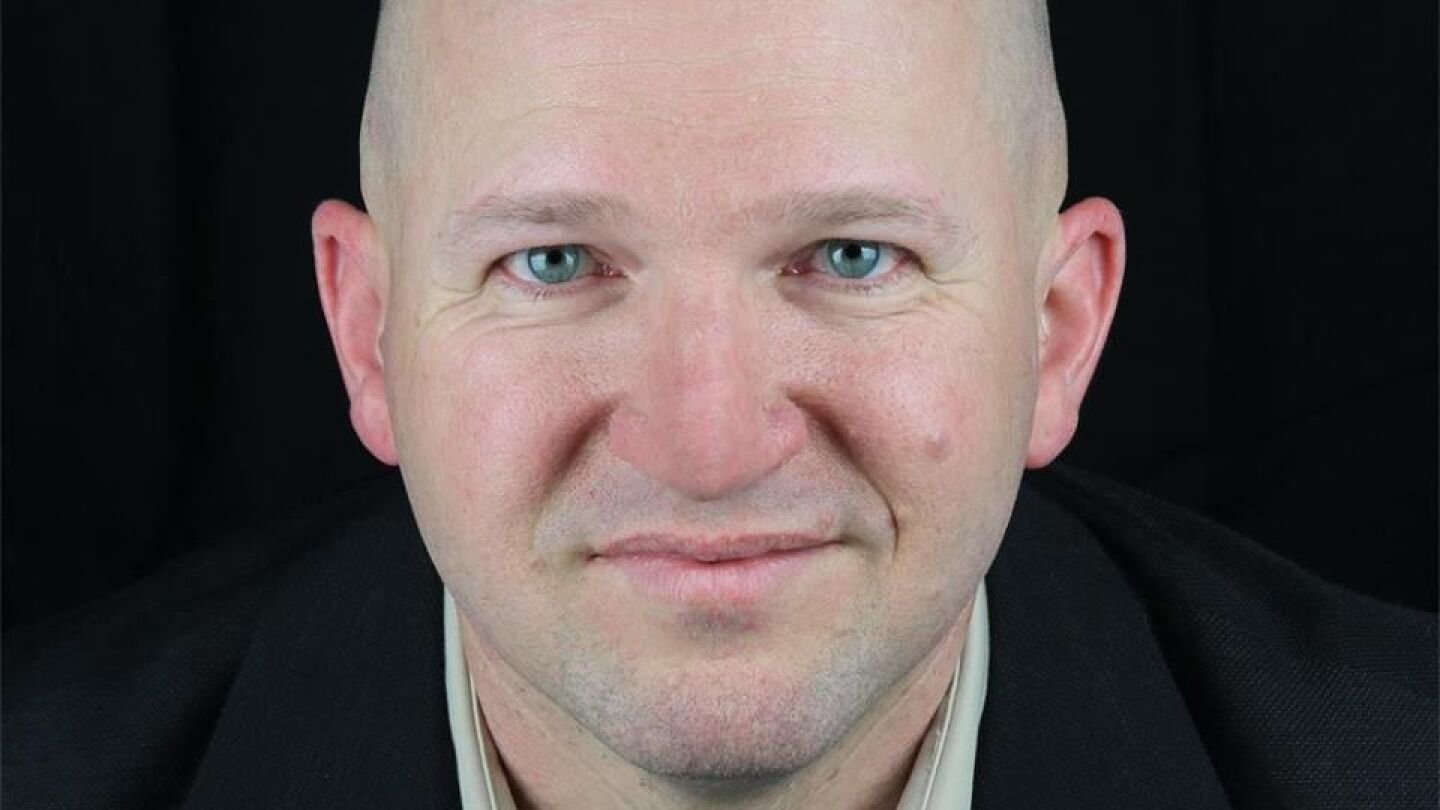You know that moment when a comment sounds kind, yet your stomach tightens a bit. Your mind says it is caring, but your body says something else. That conflict is a clue. Supportive words can also carry control, pressure, or guilt. The phrases below often show up as help. Look closer and you may spot small hooks inside the help.
Quick note before you read. Healthy support respects choice, pace and boundaries. Manipulation pushes, blames, or makes you doubt yourself. If you notice a pattern of these phrases, it is worth paying attention. One or two slips can be human. A steady stream can be a strategy.
Once, a close friend kept saying they were only “looking out for me.” I appreciated the care. I also noticed I felt smaller after every chat. That was my signal to step back and reset the tone.
I’m only saying this because I care
Sometimes, care is real. Other times, the word “care” hides pressure. The speaker wraps their opinion in concern so it lands softer, yet the message is still, do what I want. This is a form of emotional leverage. Your natural desire to keep the relationship smooth gets used to win the point.
Watch what follows “because I care.” If it is curiosity and options, that is support. If it is a rule, a deadline, or a warning, that is control dressed up. Real care leaves you feeling capable. Faux care leaves you tense, confused, or guilty.
Try this: thank them for the care, then set a line. You can say, “I hear you. I will make this call in my own time.” Neutral tone, short words, clear boundary. That keeps the relationship kind and keeps you in the driver’s seat.
I’m just trying to help
On the surface, this sounds generous. In reality, it can be a shield against feedback. If you decline the “help,” you risk being labeled ungrateful. That is how guilt as a tactic sneaks in. True help asks what you need and respects no for an answer.
Instead of defending yourself, shift the frame. “I appreciate the offer. I do not need help with this part. I will ask if that changes.” You are not arguing about motives. You are stating your needs. That simple move breaks the push-pull cycle.
Also Read
10 phrases that sound supportive but are actually a subtle sign of manipulation
I want the best for you
Nice words, warm promise. Yet “the best” can quietly become their plan for your life. The phrase builds a high ground. If you resist, it seems like you are choosing “less than best.” That is a subtle false choice. Your well-being gets measured by compliance with their vision.
When someone truly wants the best for you, they make space for your values. They ask what “best” means to you. They sit with your answer, even if it is different from theirs.
For quick clarity, check for these signals of pressure:
- Their “best” requires you to give up your voice.
- There is a timeline you did not choose.
- Your no triggers sulking or silence.
Consider: name your definition. “The best for me right now is learning at my pace.” Clear language reduces room for spin. It also strengthens your sense of choice, which is a core part of healthy autonomy.
Also Read
10 Phrases That Sound Supportive But Are Actually a Subtle Sign of Manipulation
Trust me, I know what’s best
Expert energy can calm a hectic moment. It can also drown out your inner signal. This phrase places one person as the authority on your life. If you often hear it with no invitation to ask questions, you may be in a pattern of authority overreach.
Research on coercive control links controlling relationship dynamics with higher risks of harm to mental health. The key pattern is not one sentence. It is a steady push to shape your choices, isolate you from input and make you doubt your read of events. Learning that language matters helps you spot the pattern sooner.
Reality check helps. Even trusted people can be wrong about your needs. A better phrase is, “Here is what I think. What do you think?” Mutual respect is the sign you are looking for.
Don’t worry, I’ll take care of everything
Relief feels good in the moment. Still, be careful when relief becomes routine. If someone rushes to handle your tasks, choices, or money, you can slide into forced dependence. Control can look like kindness, then later feel like a cage.
Also Read
People With Low Emotional Intelligence Often Miss These 6 Social Cues
Swap the pattern by thanking them for the offer, then keeping one piece for yourself. “Please handle the call. I will set the appointment time.” Small actions rebuild self-efficacy and remind both of you that your life is yours.
Everyone says this is best for you
Appealing to the crowd can be a power play. The phrase suggests that the matter is settled because “everyone” agrees. This is the classic appeal to popularity. You are nudged to trade your judgment for social pressure.
Ask for specifics. “Who is everyone and what did they say exactly.” If the answer is vague, you are dealing with a tactic, not a consensus. You can honor community input and still protect your personal boundaries. Both can exist at once.
When a person respects you, they will not hide behind unnamed sources. They will own their view and invite yours.
Also Read
8 Weird Habits You Don’t Realize You Have From Growing Up In A “We Can’t Afford It” Household
I did it for your own good
This one often shows up after a line has been crossed. Money moved without consent. Plans changed without asking. The phrase is used to justify the breach and shut down discussion. That is a sign of paternalism, which treats you as a project, not a partner.
Healthy care listens first, acts second. If someone acts first and explains later, the pattern matters more than the apology. Even if the outcome helped this time, the method teaches you that your voice is optional. That is costly.
Boundaries can be simple. “Please do not make decisions for me. If you are worried, tell me. We can plan together.” Short, direct, calm. It invites respect and makes future lines clear.
One more point. If pushback leads to blame, you are seeing a classic deflect and justify move. You are allowed to hold the line and repeat your request. You do not owe a long speech.
Also Read
8 Cringey Phrases Older Relatives Use at Family Dinners That Younger Guests Dread
I’m sorry you feel that way
This sentence sounds like an apology, but it is a non-apology. The focus is on your feelings, not the action that sparked them. Your reaction becomes the problem. That keeps you guessing and keeps them off the hook.
Real repair names the behavior. “I canceled last minute. I am sorry. I get how that messed up your plans.” That kind of language shows ownership. It also opens a path to change. If you keep getting “sorry you feel,” you are not getting accountability.
Use a gentle reset. “I am not asking for sympathy. I am asking for change. Can we talk about what you will do differently next time.” That centers the action, not your sensitivity.
I’m here for you, but
Here is the twist. The first half offers comfort. The second half adds a rule. The support becomes conditional support. You can have care as long as you think, feel, or choose the “right” way. That is not care. That is control with a cushion.
Also Read
8 Situations Where the Best Thing to Do Is Stay Silent and Walk Away
When you hear “but,” listen to what gets added. If it is a boundary about their own limits, fair. If it is a threat, a lecture, or a loophole that erases your choice, name it. “Support with strings does not feel like support. If now is not a good time, I can reach out later.” You are allowed to choose who gets access to you.
You know I’d never hurt you
Assurances can soothe. They can also preempt valid concerns. This phrase tries to close the case before the facts are discussed. It asks you to accept a promise in place of accountability. That is a form of blanket reassurance and it can keep patterns hidden.
Even kind people can cause harm. The difference is how they respond when told. Do they get curious and take action. Or do they double down and ask you to ignore your experience. The answer tells you more than any promise.
Keep the focus on behavior. “I hear your intention. I want to talk about the impact.” That shift honors feelings and still invites change. If change does not follow, the pattern is clear.







